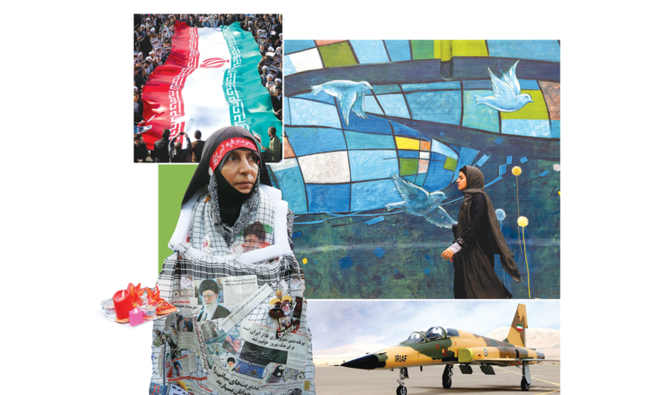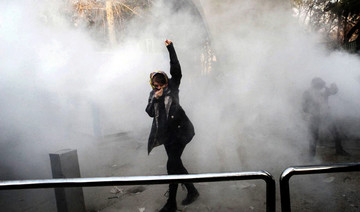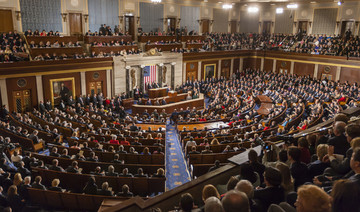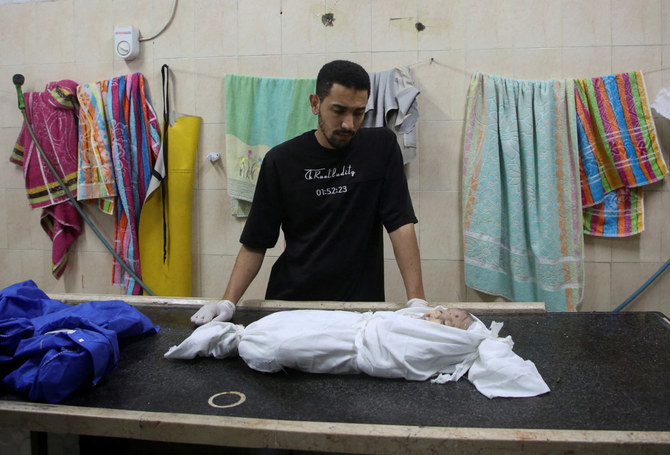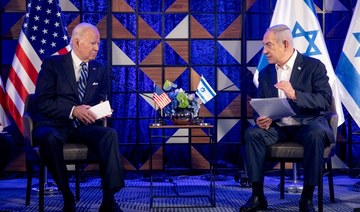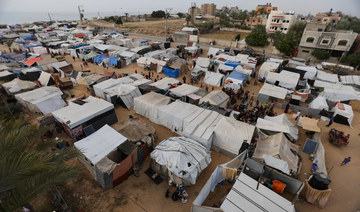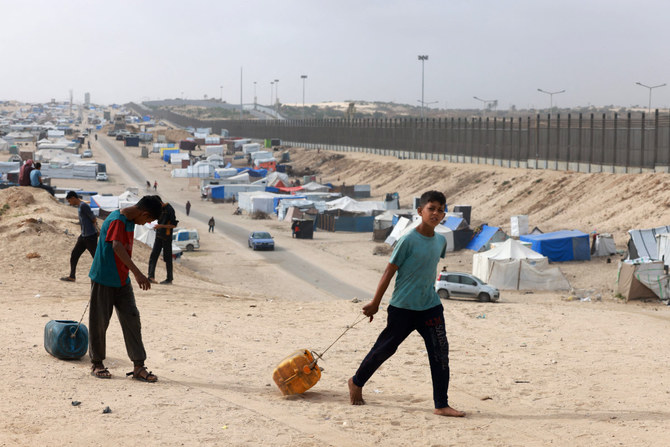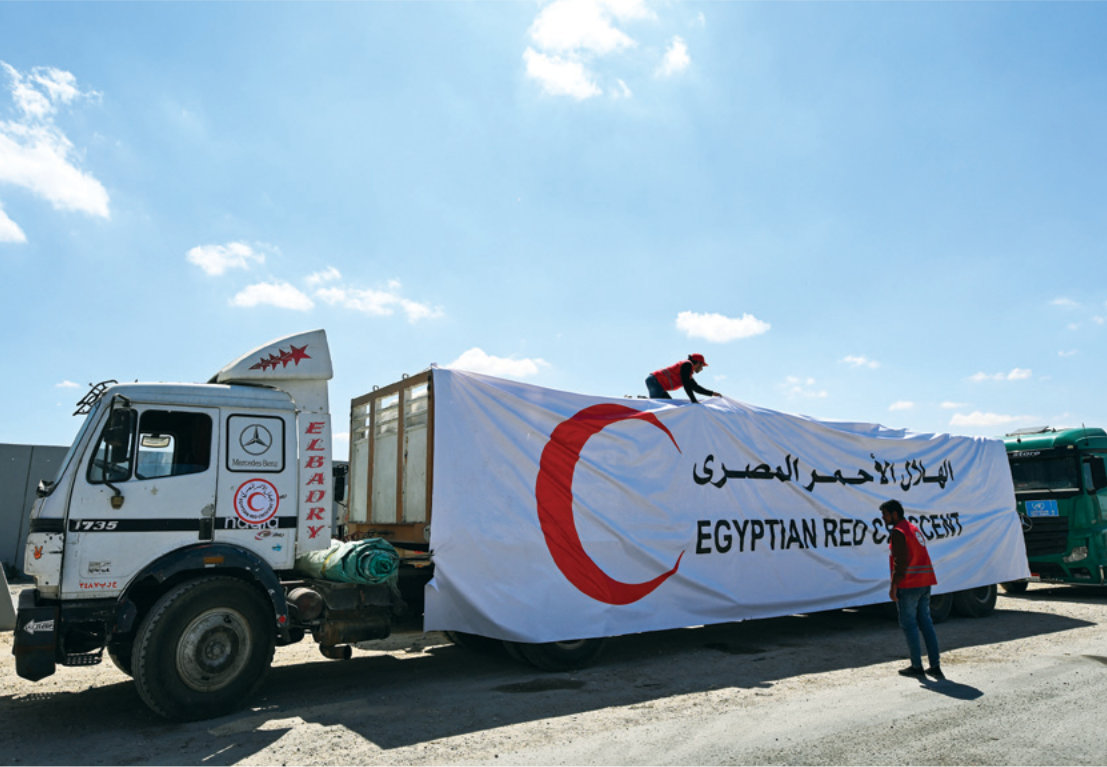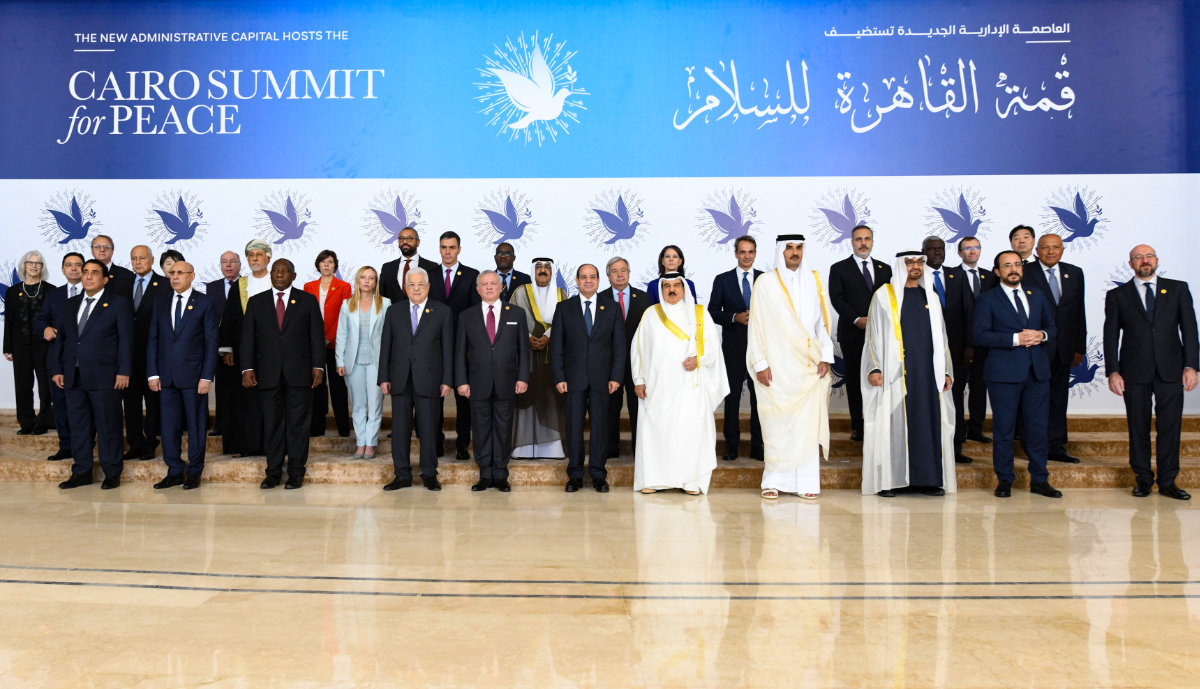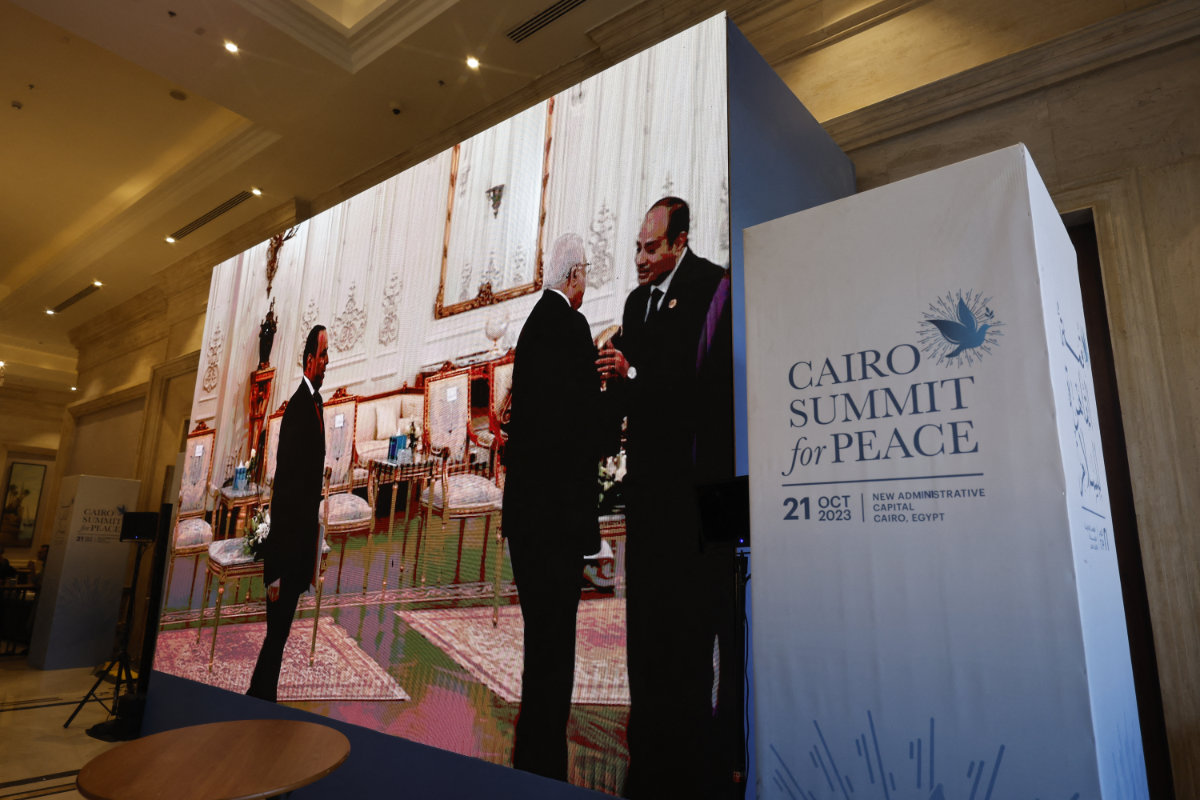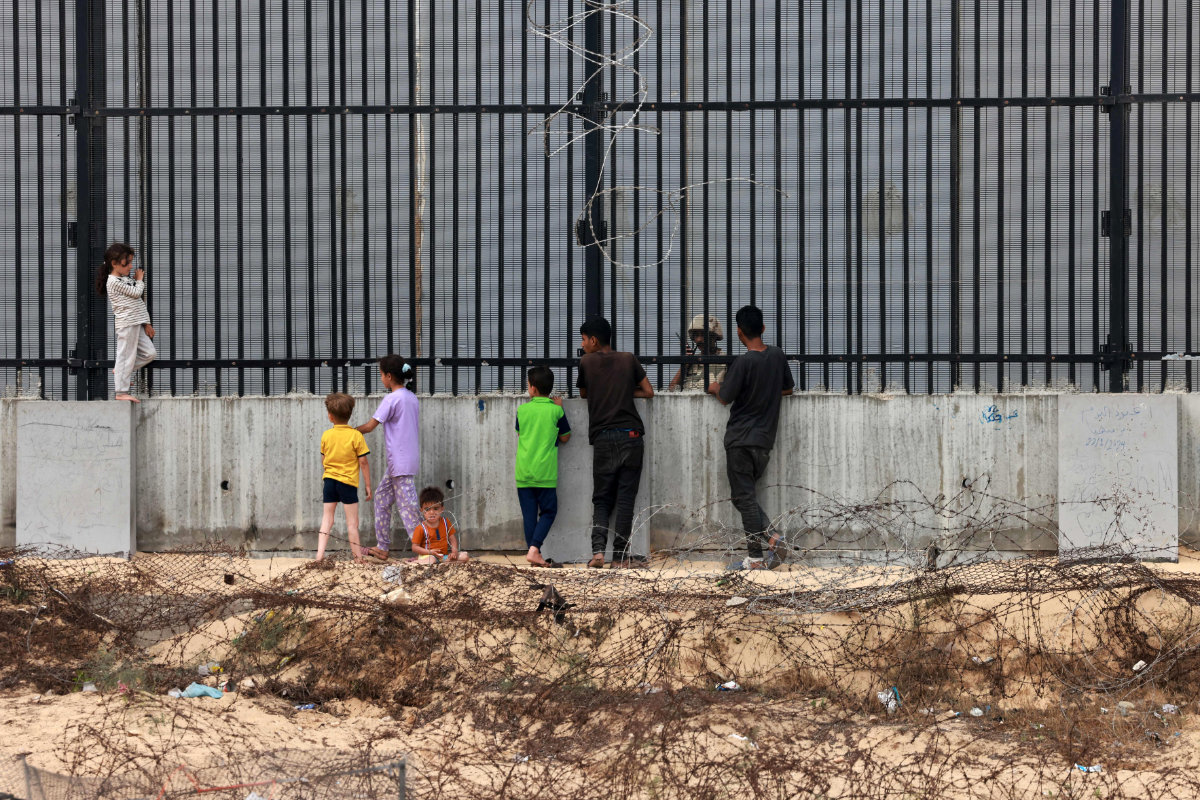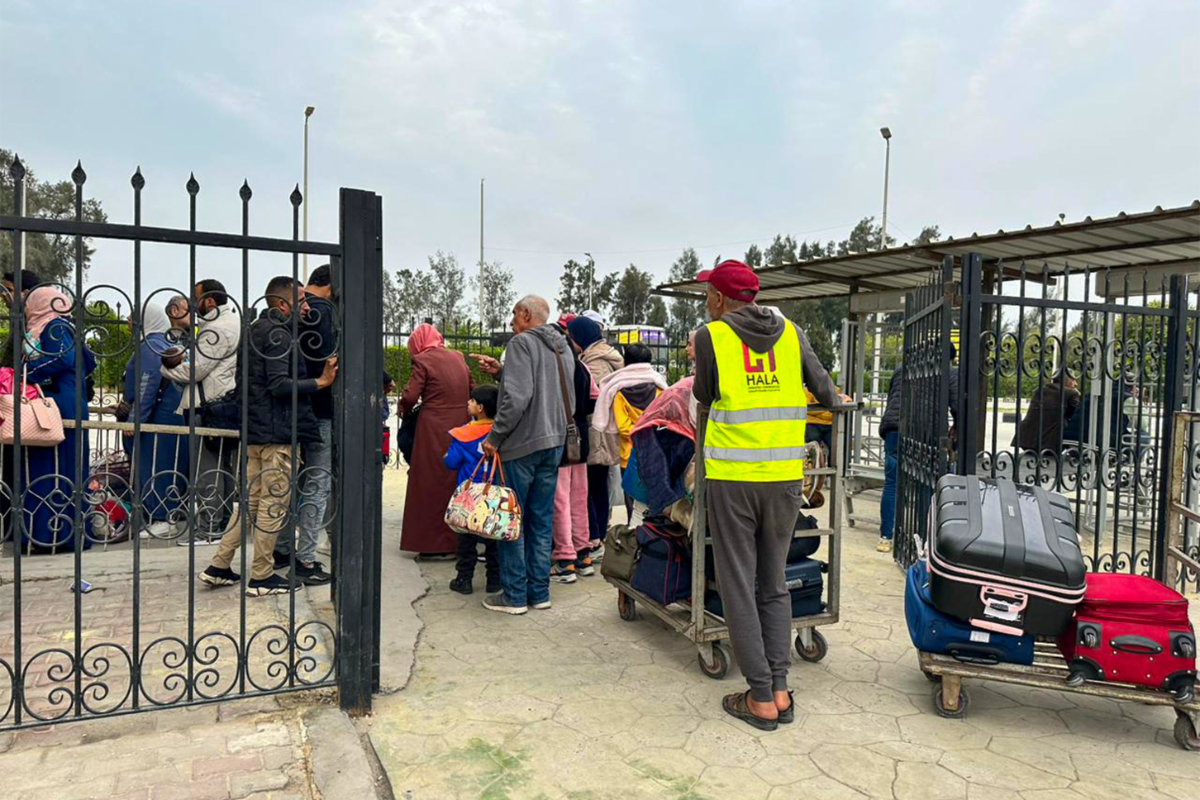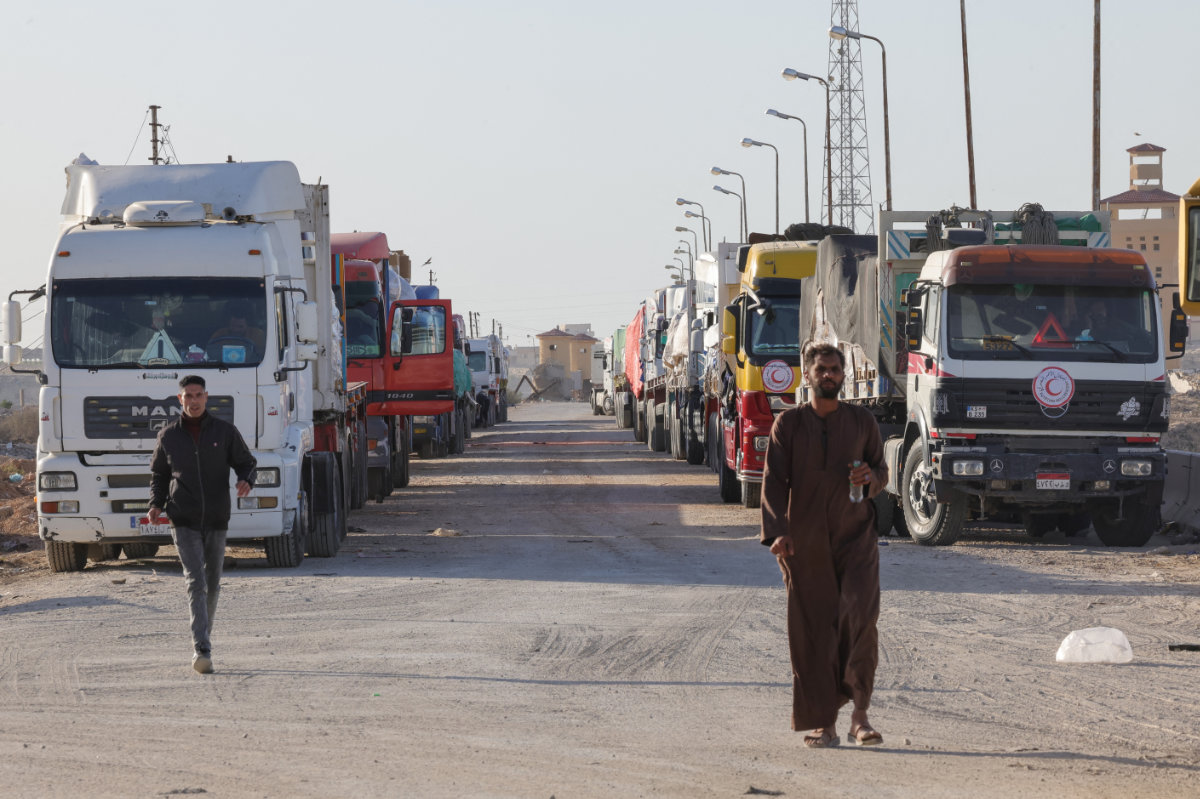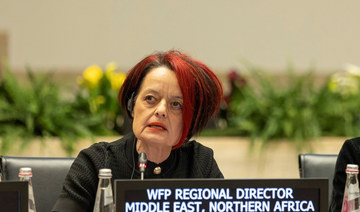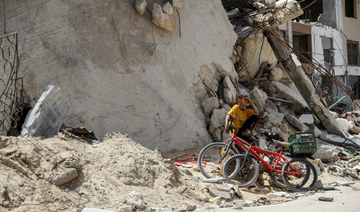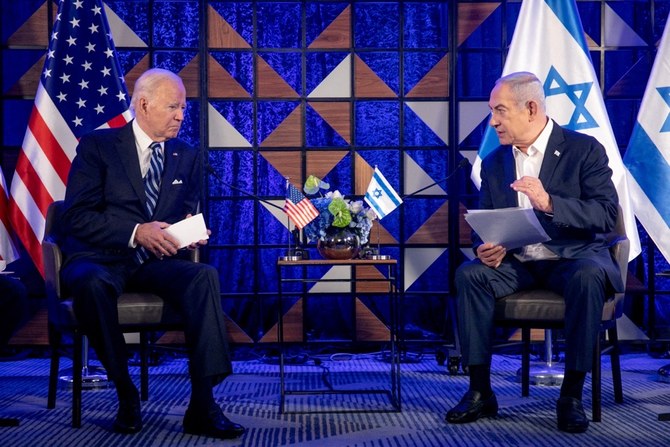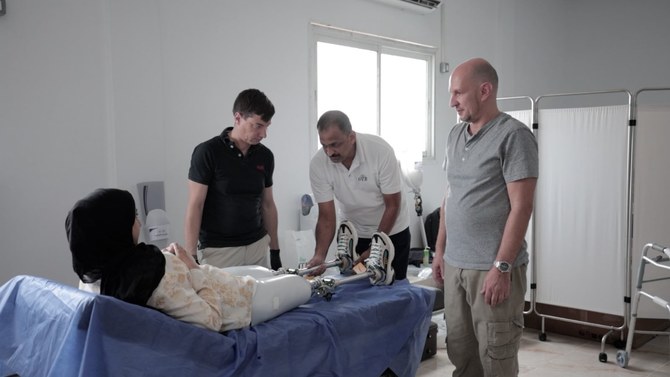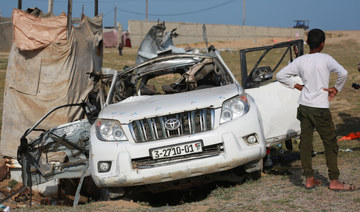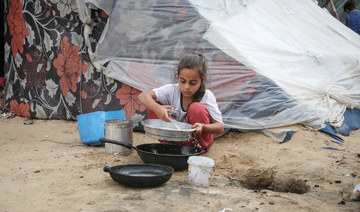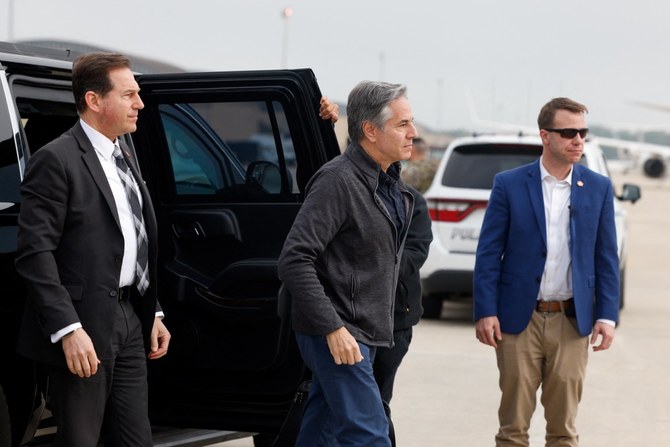DUBAI: With US sanctions heaping further pain on Iran’s deteriorating economy, 2018 has been widely viewed by political analysts as the year Tehran was tamed.
Sanctions enforced last month have left Iran’s shipping, banking, oil, energy and shipbuilding industries floundering.
In the fallout, the Iranian rial has lost more than a quarter of its value against the dollar, sending the prices of food and other basic commodities soaring.
“The US sanctions on Iran are intended, as Secretary of State Mike Pompeo declared, to choke off funds that the regime uses to support its malign activities in the region,” said Dr Albadr Al-Shateri, politics professor at the National Defense College in Abu Dhabi.
“The second purpose is to target Iranian elites who line their pockets at the expense of Iranians’ welfare. Finally, the sanctions bring maximum pressure on the ruling regime to change its behavior.”
Pompeo said that Iran’s leaders must be “made to feel the painful consequences” of their violence and corruption.
Al-Shateri said: “The sanctions, despite their unilateral nature, have hurt Iran. Many companies that had planned to invest in Iran changed course, fearing US punitive sanctions.
“The Iranian currency plunged, unemployment is high and inflation is soaring. The International Monetary Fund points to declining growth due to the sanctions.”
 Frustration at the declining economy has led to protests in Iran. “The policy … is clearly intended to clip Tehran’s wings and undermine its legitimacy,” said Al-Shateri.
Frustration at the declining economy has led to protests in Iran. “The policy … is clearly intended to clip Tehran’s wings and undermine its legitimacy,” said Al-Shateri.
“The regime in Tehran will use the sanctions as a rallying cry against Washington. But despite demonstrations against Iran’s government, a groundswell of support for regime change isn’t materializing.”
Al-Shateri cited two reasons for this: The regime’s ability and willingness to suppress protests, and the Iranian people’s despondence, reticence and fatigue, as evidenced by the dwindling number of demonstrators.
“The question is what the future holds for Iran. Experts are divided on this issue,” he said. “Some see Iran weathering the storm, waiting out the Trump administration and hoping for a new one that will
cut a deal on issues
of mutual concern.”
In August, Iranian President Hassan Rouhani was summoned by parliamentarians to explain the economic situation — a first for an Iranian political leader. In the same month, French energy giant Total pulled out of a $4.8 billion oil project in the country.
“Tehran’s strategy is dubious in the long term, but it remains a masterful tactician. In the short and medium term, it will woo the Europeans to its cause,” Al-Shateri said.
“It will appeal to the international community to see the justice of its cause, since the world sees it as the aggrieved party, having abided by the terms of the Joint Comprehensive Plan of Action (the Iran nuclear deal).”
Iran will mobilize its population against the US and Israel by accusing them of plotting to overthrow the government
and conquer the country, Al-Shateri said.
“There is always room to improve personal and social freedoms, and perhaps manipulate disposable income through financial instruments.
“Iran could also offer itself as a key to solving many regional conflicts, such as the Lebanese political stalemate. Moreover, the country has enough political clout to facilitate a political solution to Syria’s civil strife. It has already begun using this instrument
by backing negotiations between its Houthi allies and the internationally recognized Yemeni government in Stockholm
last week.”
The Iranian regime’s collapse could have detrimental economic consequences at home, since many companies are owned by the Islamic Revolutionary Guard Corps (IRGC) and most banks are owned by the state.
“Economic conditions in Iran have worsened, even following the mere announcement that sanctions would be reimposed,” said Riad Kahwaji, founder and CEO of the Institute for Near East and Gulf Military Analysis
in Dubai.
“We saw the reaction in the Iranian market, where many Western and international companies pulled out, and we see constant demonstrations by people protesting over the worsening situation.”
Conditions could have been worse had the US not chosen to make oil sanctions more gradual by exempting eight countries, Kahwaji said.
“That was for the purpose of preventing a big reaction in oil prices, and to allow other oil exporters to make up for Iranian oil,” he said.
“We can expect these economic conditions to worsen for Iran. We see more sanctions and more tightening on its activities, so things are becoming quite tough to finance its operations.”
Iran’s current strategy is based on waiting out the Trump administration, improving its resilience and adopting additional measures to withstand the pressure.
“But two years (until the next US presidential election) is a long time, and a lot is happening every week in the Middle East arena,” Kahwaji said.
“What is happening in Iraq, Syria, Yemen and Lebanon is tough, so we can only see the situation escalating. Any spark will ignite a major conflict.”
Analysts expect 2019 to be an even tougher year for Iran. “We now have a hawkish administration in Washington, after eight years of (former US President) Barack Obama and a carrot approach to Iran,” said Dr. Abdulkhaleq Abdulla, former chairman of the Arab Council for the Social Sciences.
“We’re probably now in for a period of a heavy-stick approach. The country didn’t moderate its policies or its behavior during Obama’s carrot approach, and it went to the furthest extent in its expansionist policy, from Iraq, Syria and Lebanon all the way to Yemen.”
With this new approach, Abdulla expects a rollback of Iran’s regional influence, at least temporarily.
“Internally, with severe sanctions reimposed, the net impact will be a weaker Iran, which is good for the region’s stability and for global stability,” he said.
“A weaker Iran is expected until the end of the Trump administration. And in this zero-sum game that we have in the region, a weaker Iran necessarily means stronger Arab Gulf states.”
But “we are nowhere close” to regime change, Abdulla said.
Raghida Dergham, founder and executive chairman of the Beirut Institute, said that the Iran of tomorrow will be determined by the IRGC and its supporters, which would mean “more trouble to come” and potential confrontations at whatever cost.
“The reform of the regime means responding to the demands of the Trump administration, in particular that Iran should confine its great influence within its own borders,” she said.
“The sanctions are definitely hurting the country economically. The harm isn’t only in terms of trade relations with the world, but is also sowing the seeds of a possible implosion in Iran.”


